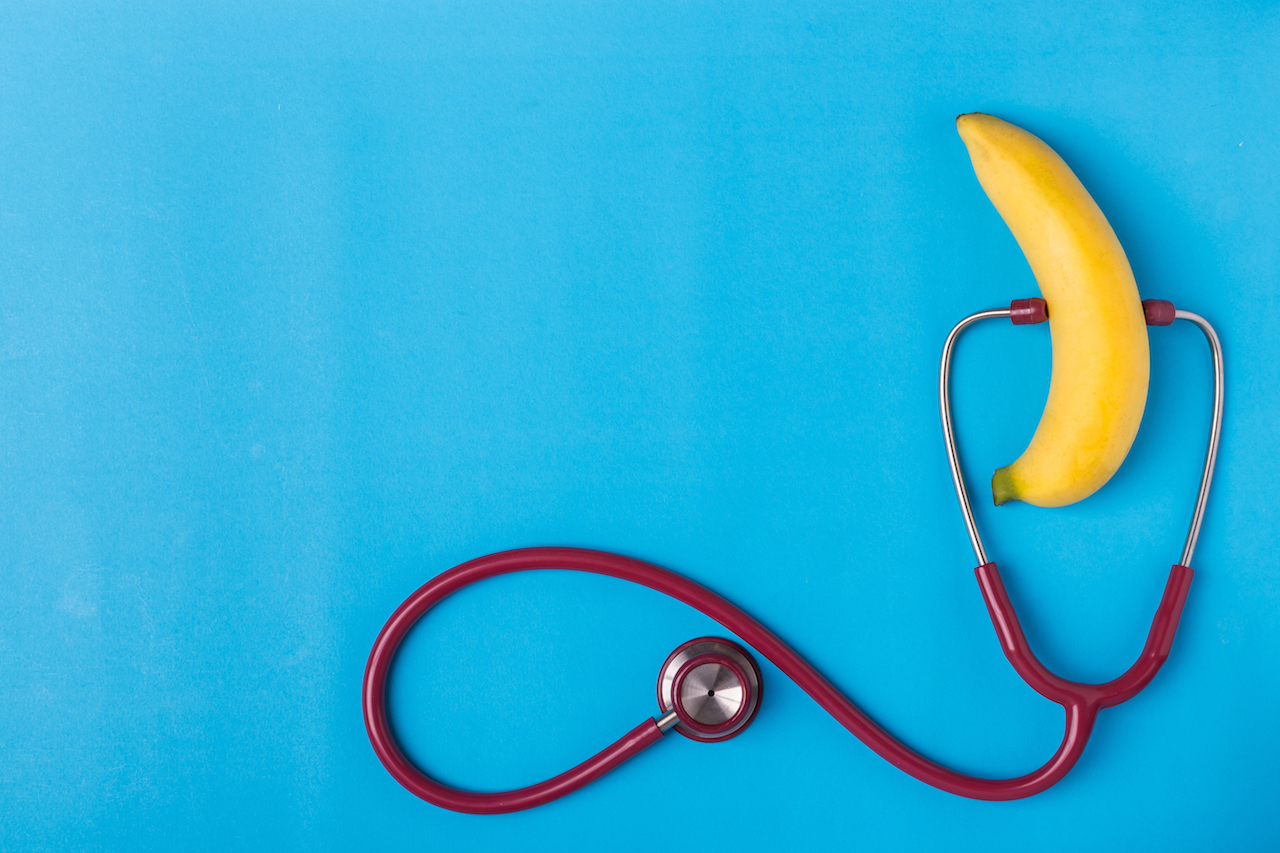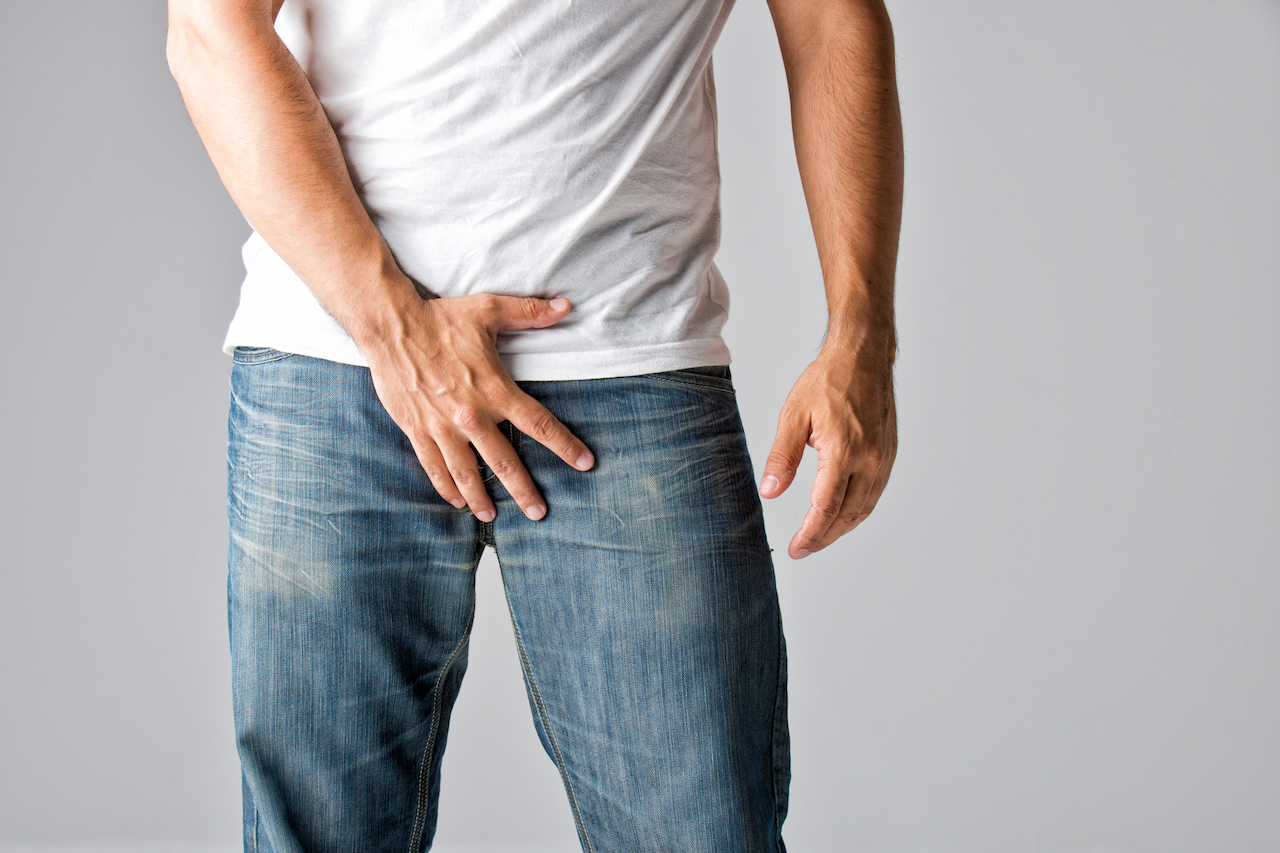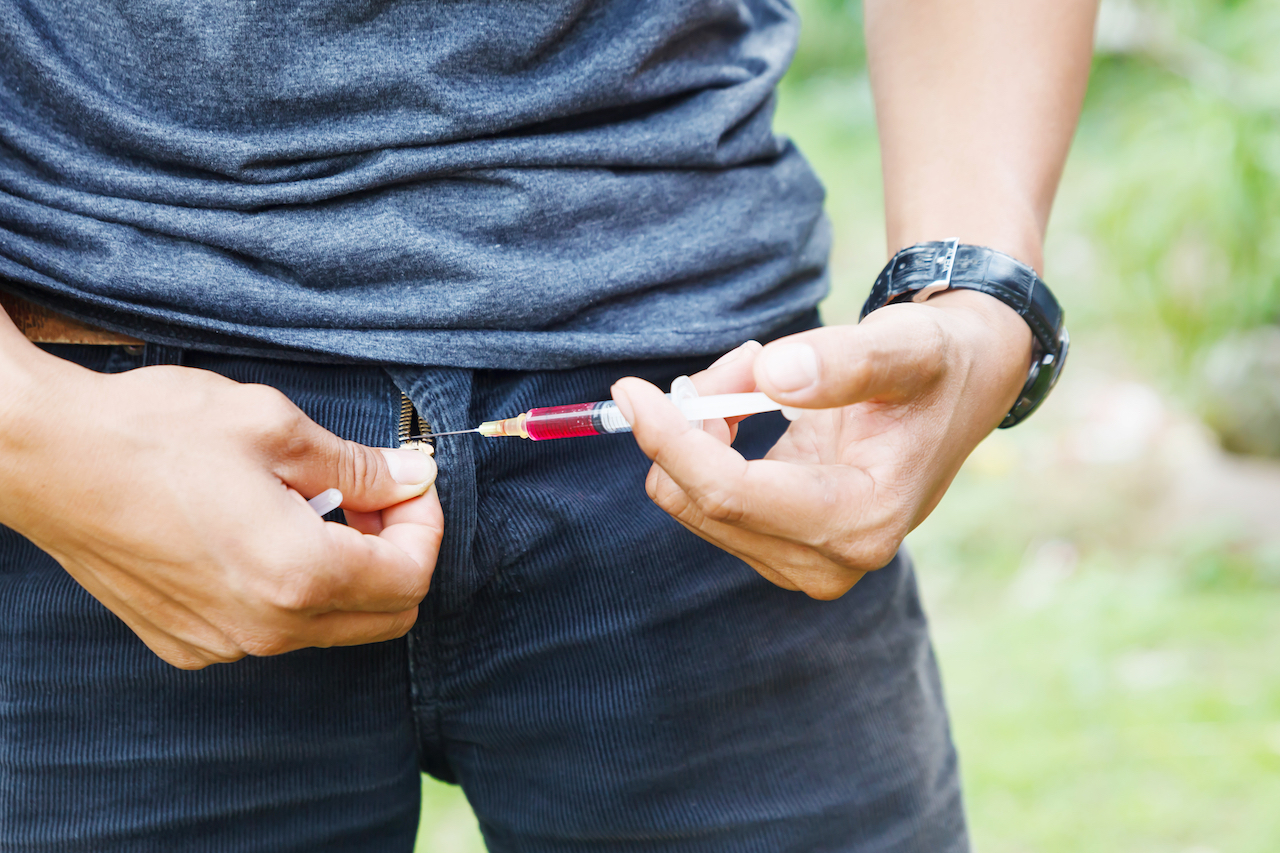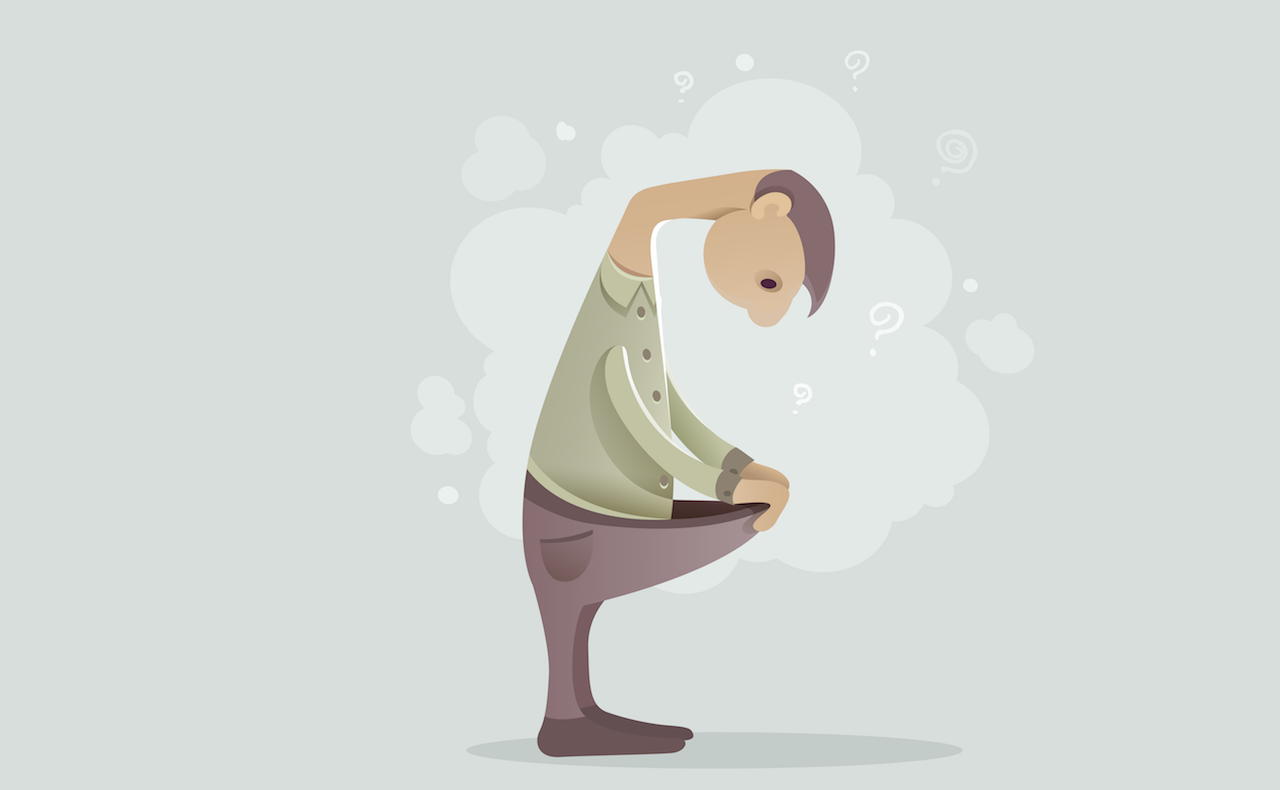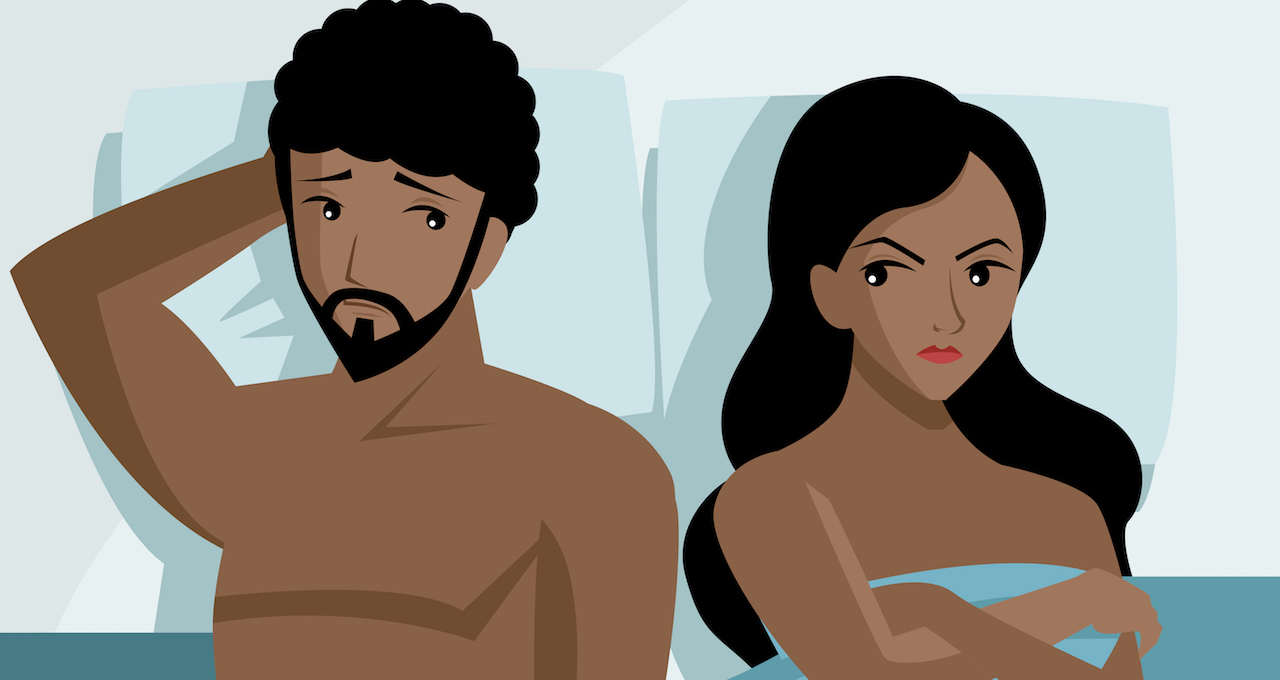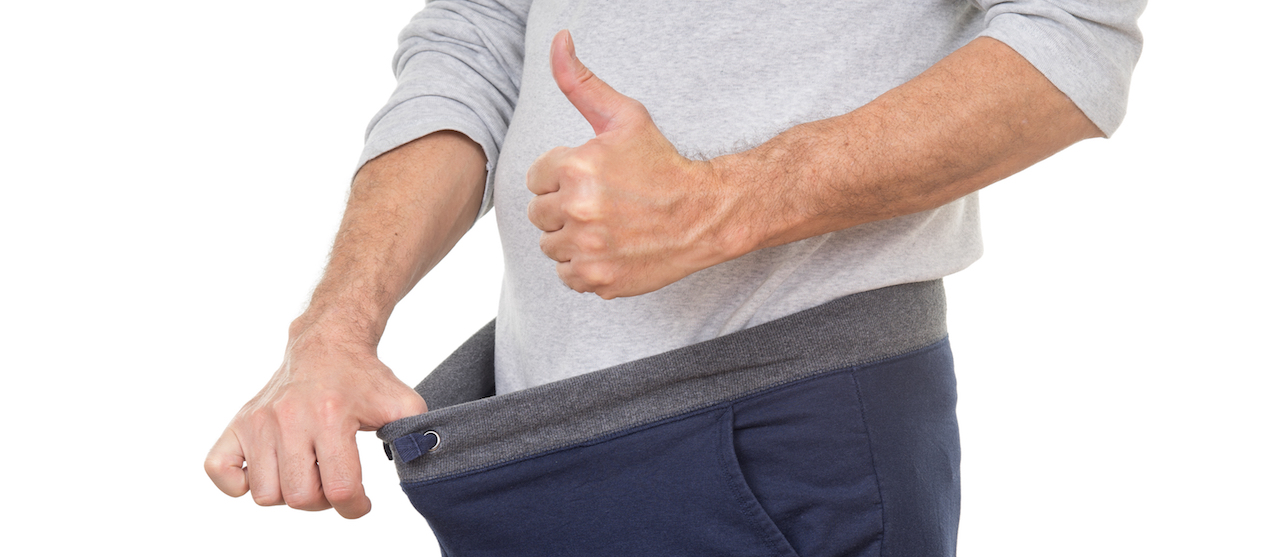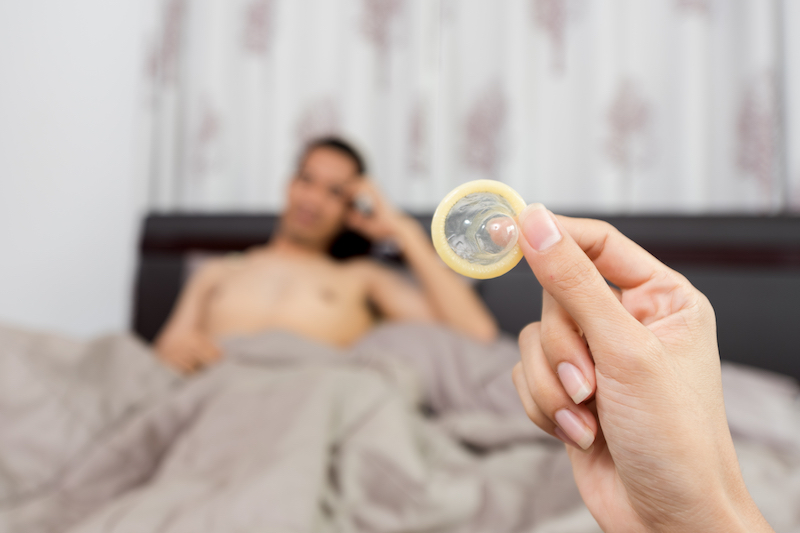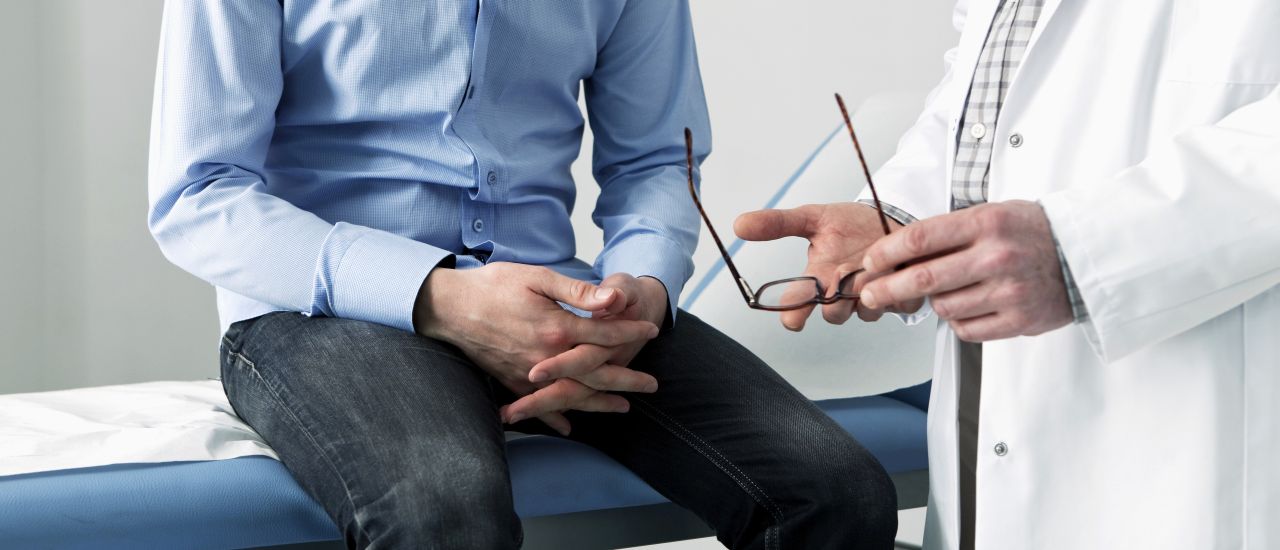A nocturnal penile tumescence (spontaneous erection) happens to men of all ages, even babies, but it has nothing to do with sexual stimulation. In fact, having a morning erection could actually help you assess your health.
If you wake up with an erection it means that there’s been healthy blood flow to your penis throughout the night. On average, a healthy man has three to five erections during a full night’s sleep, each lasting about 25 to 35 minutes.
The erections are in alignment with your sleep cycle. Your body and mind go through stages of sleep from non-REM (rapid eye movement) stages to full on REM deep sleep, about four or five times a night. This deep, relaxed state allows blood vessels in your penis to dilate, causing a natural erection.
If you don’t get an erection in the morning as you wake up, it could be a sign that there’s something wrong.
Who gets morning wood?
Men of all ages can get an erection in the morning. It’s healthy and a sign of a properly functioning blood and nervous system in and around the penis.
Young boys may experience this between the ages of six to eight and men in their 60s and 70s. As you get older though, the nerves in your penis become less sensitive. This may cause trouble with arousal and having an orgasm. When this happens, erectile dysfunction may also be more likely because of dipping testosterone levels.
Erectile dysfunction
Anxiety, stress and depression have all been linked to erectile dysfunction. If you struggle with erectile dysfunction but you wake up with a morning erection, the cause of your performance issues is likely to be stress-related, rather than medical.
If you struggle to maintain an erection during sex, and you haven’t been waking up with an erection either, blood flow to your penis may be the issue. However, if you’re young and still not experiencing a morning erection or if your erections suddenly stop, it’s time to see a doctor.
This common symptom may be the cause of an underlying issue like blocked blood vessels, heart disease, high cholesterol, or high blood pressure.
You are more likely to experience Erectile Dysfunction if you:
- Have high blood pressure.
- Are overweight.
- Have high cholesterol levels.
- Have diabetes.
- Suffer from depression.
Some medications may also affect your ability to experience morning wood. Painkillers and some antidepressant medications can prevent an erection in the morning.
When to see a doctor
If you’re unable to get or maintain an erection, see your doctor immediately. This will help you get further insight into a possible underlying cause. Don’t be afraid to speak up; you can recover and, more importantly, prevent a serious condition from developing.
References:
- https://www.healthline.com/health/mens-health/morning-wood#what-if-morning-wood-ceases
- https://tonic.vice.com/en_us/article/yw5kxx/your-morning-boner-can-help-you-assess-your-health
- http://www.asapscience.com/blog/2018/7/10/the-science-of-morning-wood
- https://www.issm.info/sexual-health-qa/is-a-lack-of-morning-erections-a-concern/
- https://www.webmd.com/erectile-dysfunction/guide/understanding-erectile-dysfunction-symptoms


